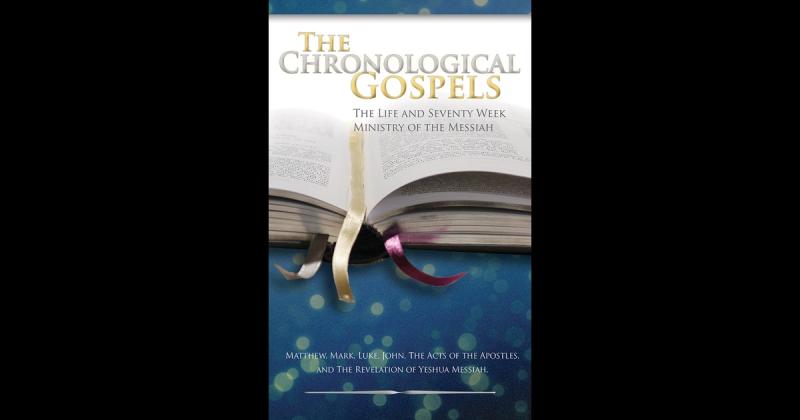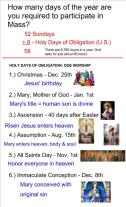What are the four Gospels in chronological order?
The four canonical Gospels of the New Testament, in chronological order, are:
Mark: The Gospel of Mark is considered the earliest written gospel, likely composed between 65 and 70 AD. It is known for its concise and action-packed narrative, focusing on the teachings and actions of Jesus.
Matthew: The Gospel of Matthew is believed to have been written between 80 and 90 AD. It is characterized by its emphasis on Jesus as the fulfillment of Old Testament prophecies and its presentation of Jesus' teachings in a structured and organized manner.
Luke: The Gospel of Luke is thought to have been written between 80 and 90 AD. It is known for its detailed and compassionate portrayal of Jesus' ministry, particularly his interactions with the poor and marginalized.
John: The Gospel of John is believed to have been written between 90 and 100 AD. It is distinguished by its theological depth and focus on Jesus' divine nature. It presents Jesus' teachings and actions in a more symbolic and interpretive manner compared to the other Gospels.
It's important to note that the exact chronological order of the Gospels is still debated among scholars, but the sequence mentioned above is widely accepted.
The Four Gospels of the New Testament and Their Importance:
The four Gospels of the New Testament are Matthew, Mark, Luke, and John. They are essential in Christian theology and are important for several reasons:
- Life of Jesus: The Gospels provide accounts of the life, teachings, and actions of Jesus Christ, making them the primary source of information about his ministry.
- Salvation and Faith: They offer insights into the Christian understanding of salvation and faith, as they contain the words and actions of Jesus that underpin Christian beliefs.
- Spiritual Guidance: The Gospels serve as a guide for Christian living, offering moral and ethical teachings that influence the lives of believers.
- Foundation of Christianity: The Gospels, along with the rest of the New Testament, form the foundation of Christian faith and doctrine, providing the basis for Christian beliefs about Christ's divinity and redemptive work.
Chronological Order of the Four Gospels in the Bible:
The chronological order of the four Gospels in the New Testament is generally believed to be:
- Gospel of Mark
- Gospel of Matthew
- Gospel of Luke
- Gospel of John
Differences in Portrayal of Jesus in the Gospels:
Each of the four Gospels presents a unique perspective on the life and teachings of Jesus:
- Matthew: Emphasizes Jesus as the fulfillment of Old Testament prophecies and presents a structured teaching narrative with the Sermon on the Mount.
- Mark: Focuses on the actions and deeds of Jesus, portraying him as a powerful, yet often enigmatic figure.
- Luke: Provides a detailed and compassionate account of Jesus' ministry, highlighting his concern for the marginalized and outcasts.
- John: Presents a more theological and spiritual perspective, emphasizing Jesus' divinity and the concept of the "Word made flesh."
Historical and Theological Reasons for Gospel Order:
The specific order of the Gospels is traditionally believed to have been influenced by various factors, including the theological and thematic emphasis of each Gospel. For example, Mark, the earliest Gospel, is thought to have served as a source for Matthew and Luke, which might explain their order. Theological considerations also played a role in their placement, with John's Gospel emphasizing Jesus' divinity, making it a fitting conclusion to the set.
Key Themes and Messages in the Four Gospels:
Each Gospel has distinct themes and messages:
- Matthew: Emphasizes the kingdom of God, the fulfillment of Old Testament prophecies, and the ethical teachings of Jesus.
- Mark: Highlights Jesus' powerful deeds and his role as the suffering servant.
- Luke: Stresses compassion, salvation for all, and the importance of the Holy Spirit in the life of believers.
- John: Focuses on Jesus' divine nature, the concept of eternal life, and the profound theological message of God's love for humanity.
These Gospels collectively provide a multifaceted and rich portrait of Jesus, contributing to the core of Christian belief and practice.












